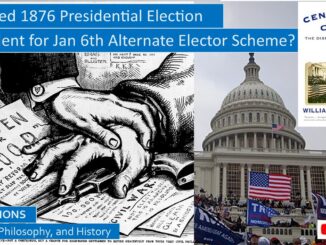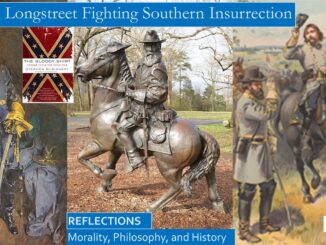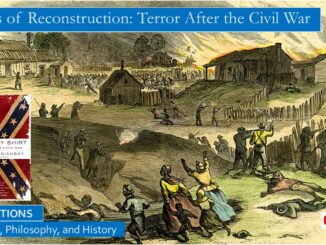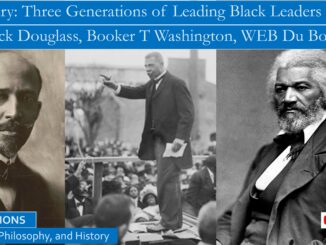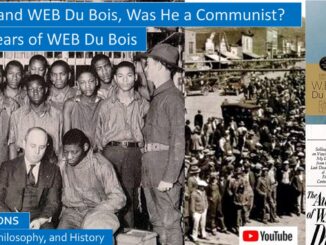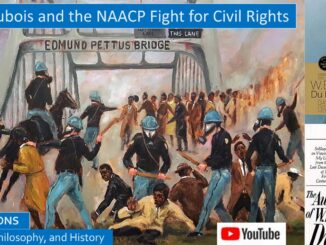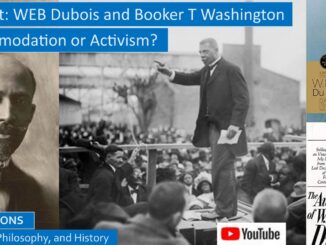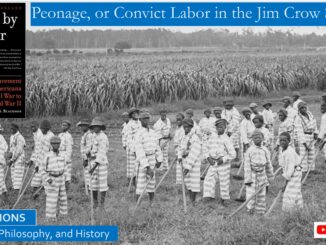
Can Speaker Mike Johnson and the Republicans refuse to seat validly elected Democrats to the House in 2025?
Had the law surrounding this issue had not continued to evolve, this indeed would be a troubling precedent. But the issue did evolve, and in 1969 the Supreme Court under Chief Justice Earl Warren decided that Congress could not deny any duly elected Representative their seat in Congress unless they did not meet the qualifications for office listed in the Constitution, that they be at least twenty-years-old, have been a citizen for seven years, and live in the district they represent. The House of Representatives had attempted to refuse to seat Adam Clayton Powell, a controversial black congressman who was embroiled in credible financial scandals. There was only one justice who dissented on technical grounds. […]

